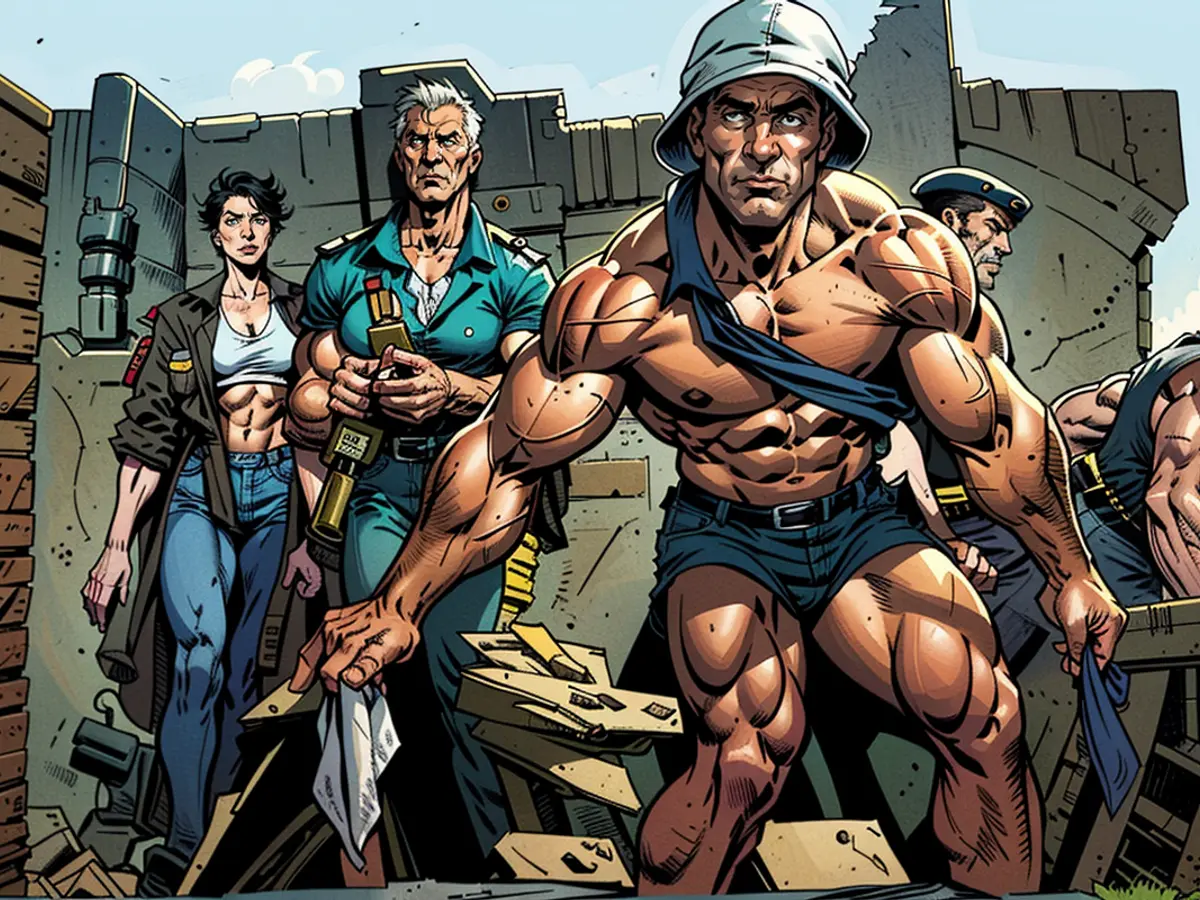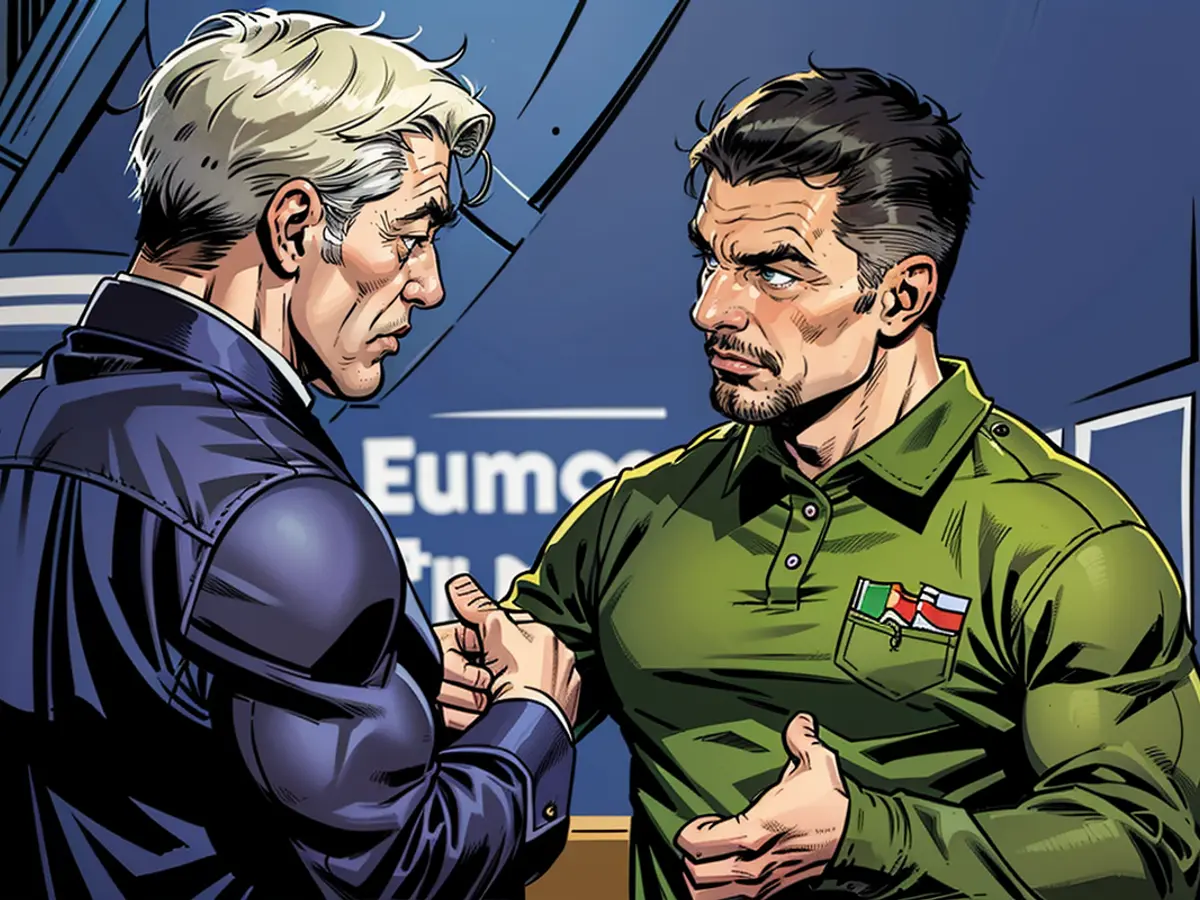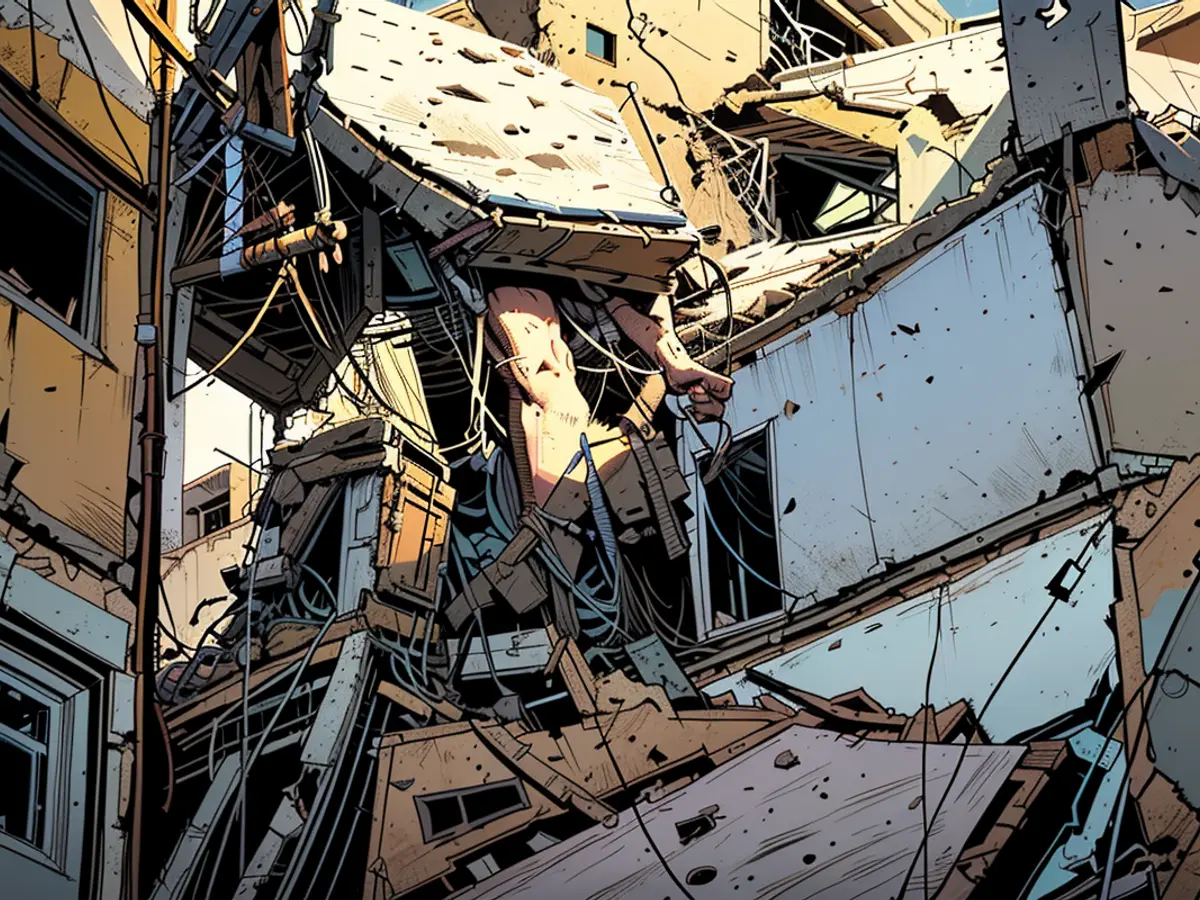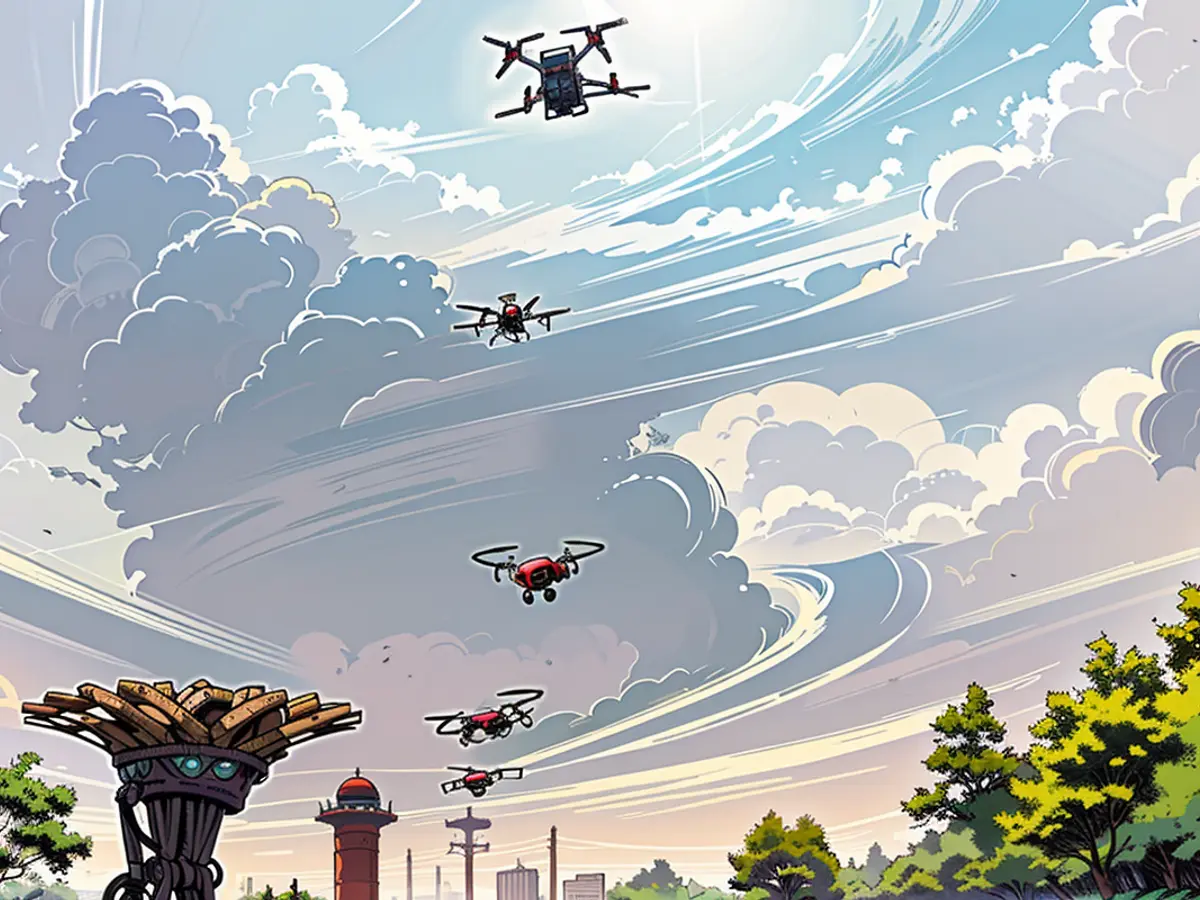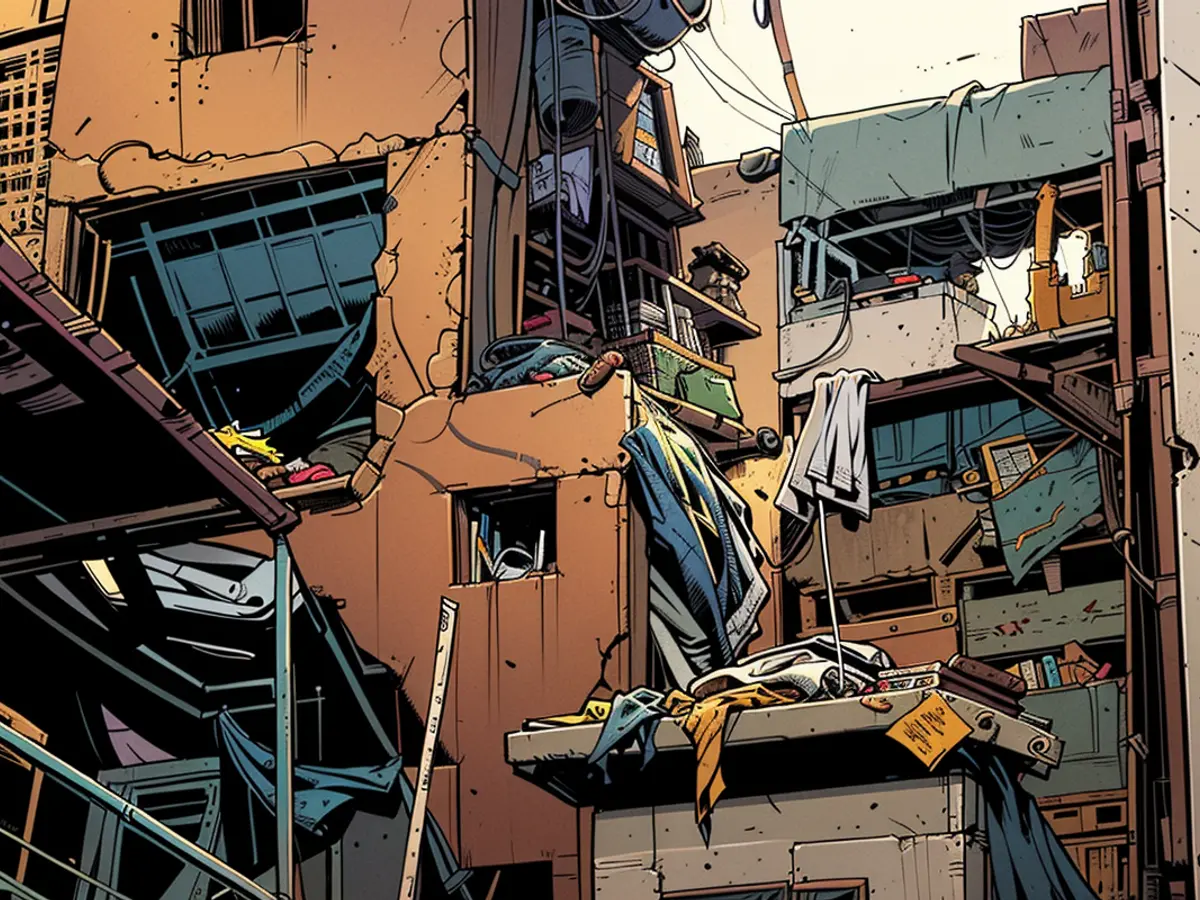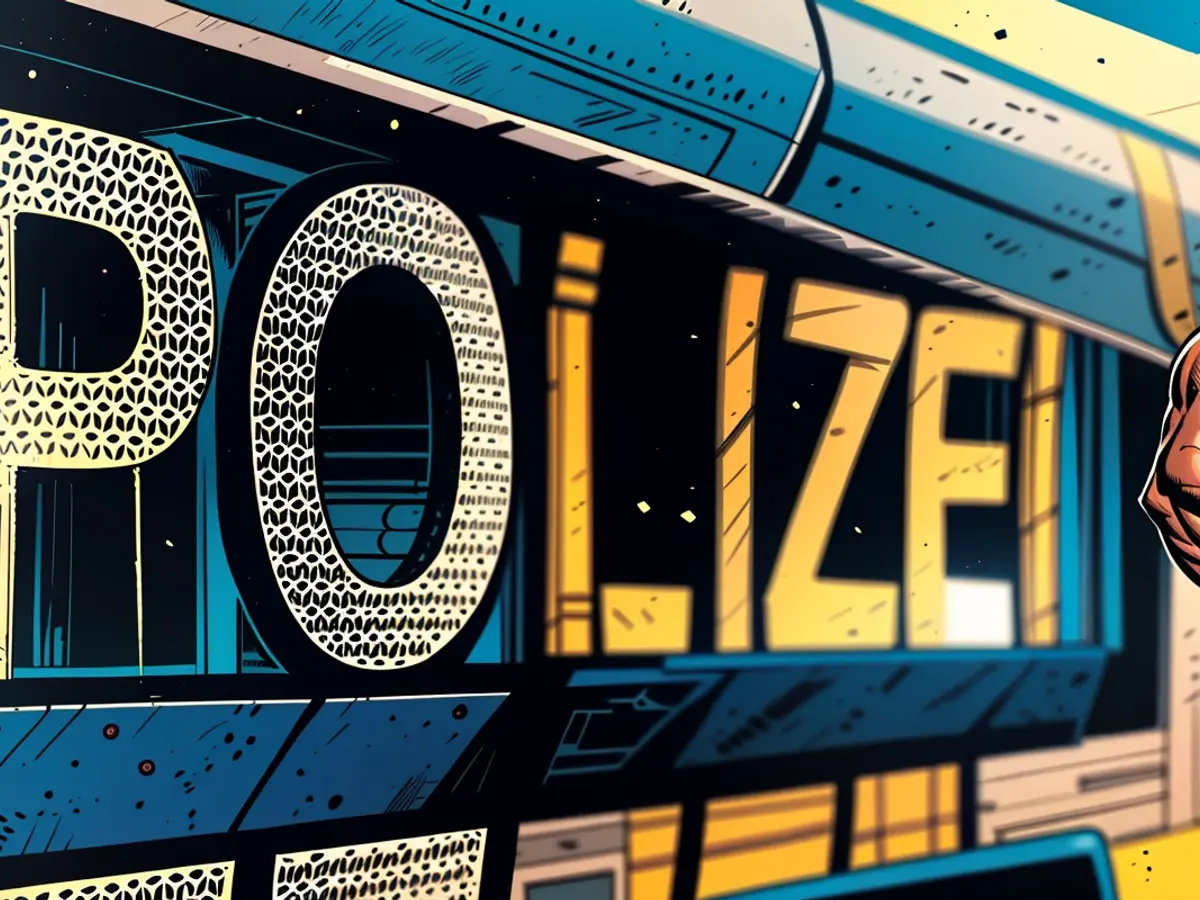- Steinmeier apologizes for German atrocities in Poland
On the 80th anniversary of the Warsaw Uprising, Federal President Frank-Walter Steinmeier asked for forgiveness for German atrocities in Poland during World War II. He met with elderly former participants of the desperate resistance against German occupation in 1944, stating that Germany is aware of its historical responsibility. "We Germans must not forget," he said.
Steinmeier also wanted to convey this message at the central memorial ceremony with Polish President Andrzej Duda and hundreds of attendees on Wednesday evening. He wished to say only one sentence, but one that came from the heart, according to the published speech text: "I ask, especially today and here, for forgiveness." Steinmeier is the second federal president, after Roman Herzog in 1994, to be allowed to speak at this important commemoration for Poland.
The uprising was brutally crushed by the Nazis
Eighty years ago, on August 1, 1944, the Polish Home Army began an uprising against German occupation. The Armia Krajowa wanted to expel the Germans so that Poland could regain control of its capital before the approach of the Soviet army. However, the Wehrmacht and SS brutally suppressed the uprising in 63 days, committing massacres against the civilian population that rank among the worst German war crimes. Approximately 200,000 people were killed, most of them civilians. Warsaw was largely destroyed in retaliation.
"The Warsaw Uprising is one of the most brutal chapters in the long history shared by the Polish and German peoples," Steinmeier's manuscript stated. "And it is one of the most heroic chapters in Polish history." It should not be forgotten in Germany how the German occupation pursued the neighboring people with a will to annihilate.
Poland's demand for compensation
At the same time, Steinmeier expressed gratitude that Germans and Poles have become good neighbors. Both countries should work together on a European future and especially support Ukraine, which is being attacked by Russia. Steinmeier only briefly addressed Polish demands for compensation for the destruction and immense loss of life during World War II. Much has been achieved, including for the last surviving victims of the occupation, he said. The governments are in close exchange on this issue. Steinmeier also mentioned the planned German-Polish House as a memorial site in Berlin.
Especially the previous nationalist-conservative government, which ruled in Warsaw until December 2023, had raised billion-dollar demands against Germany. The new center-left government under Prime Minister Donald Tusk is more restrained. Nevertheless, the question is present in Polish society and was also discussed at the German-Polish government consultations in early July in Warsaw. The federal government sees the question of reparations as legally settled but is looking for ways to cooperate more closely with Poland.
Federal President Steinmeier is accompanied by Minister of State for Culture Claudia Roth (Greens) during his visit to Warsaw. On Thursday, Steinmeier is scheduled to meet with his Polish counterpart, Duda.
Steinmeier acknowledged the horrific atrocities committed during the Warsaw Uprising, stating, "The Warsaw Uprising is one of the most brutal chapters in the long history shared by the Polish and German peoples." Later, expressing his sentiments, he asked for forgiveness, saying, "I ask, especially today and here, for forgiveness."
